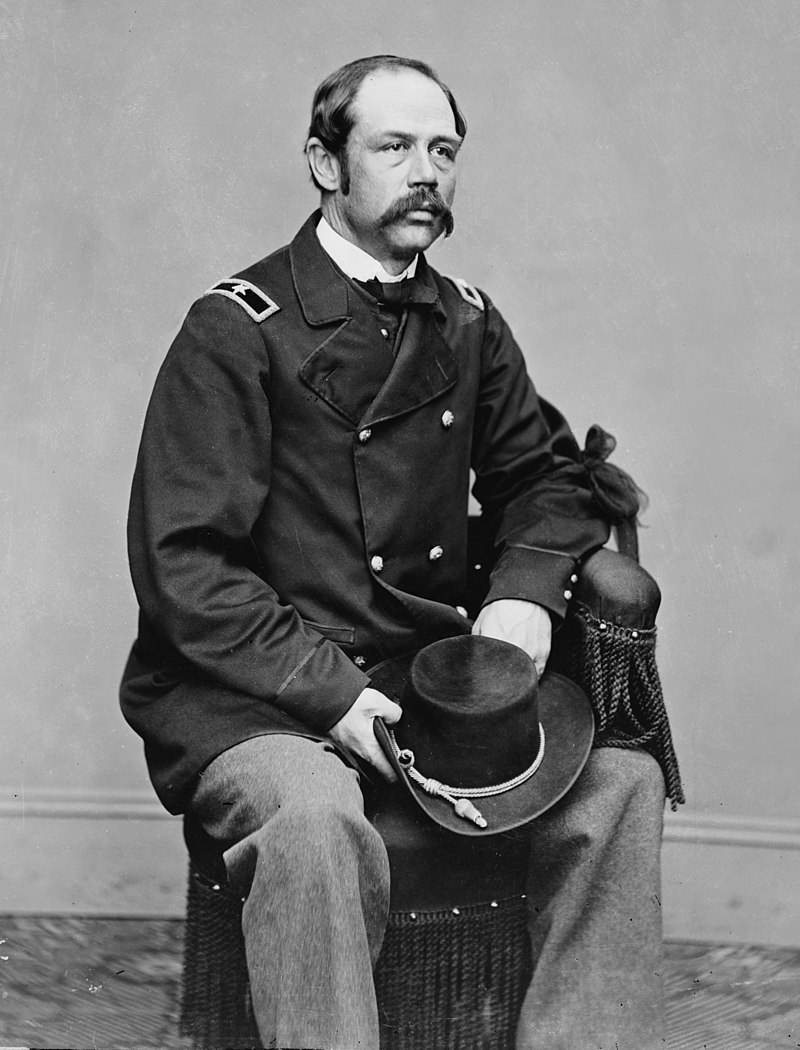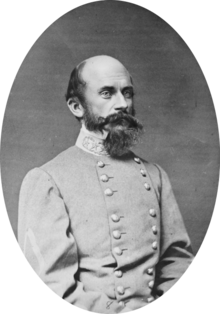Got me a good chuckle with this one. Lincoln is always right on point isn't he?
The man's wit is legendary and I do appreciate him for it!
I pity the poor souls who are going to end up on the wrong side of the border after all of this is over. Because, this is where we're heading. Slavery won't end in 1864 on the North American continent. Looking at the ATL situation, it's hard to see an outcome where the South doesn't actually gain independence... I think if it wasn't already obvious, this chapter made it clear.
No one seems to be in a position to deliver a decisive blow, although the campaigning season is yet to come and surprises may await us ahead, who knows?
It's going to be an interesting one, especially since you can cram a lot of campaigns in between May and September. In OTL's 1864 Lee's army had shrunk considerably more than this, while the Union had a similar manpower problem and crisis with desertion and enlistments expiring, so Lee is by comparison actually in
better position than he was OTL, with much of the same bloody ground behind him that was fought over so hard in our own Overland Campaign, and Virginia was spared almost a year of campaigning by the Siege of Washington so it's a much less burned over space with plenty of supplies waiting. Quite a few differences from OTL I can tell you...
Really good chapter. It'll be interesting to see a northern army that properly took its time to organize and use every tool at its disposal.
The George Sharpe gave me PTSD from that awful Tsouras book where the man is basically clairvoyant lol
Also interesting is how the Confederates are in such a bad shape. I thought they'd be well enough to stalemate the North into giving them independence thanks to the British joining the war.
Lastly a little nitpick: "smashed to atoms" sounds too modern for 1864 writing. I know the atom was discovered in the 1800s, but I don't know. I defer to you and your research
Thank you! One thing about Rosecrans is that he always took his time to make sure his army was in a good position, and with the whole army nearly having been bagged in a nasty siege, it makes sense he'd focus for a while on rebuilding the battered army into something of a more cohesive fighting force.
Ha, he isn't all knowing (as you'll see) but he has done some wonderful work in 'filling in the blanks' for the Union Army whose intelligence gathering was... mediocre before hand. For a slight spoiler, Rosecrans is going to know exactly how desperate Lee's supply situation is for the upcoming campaign. Lee's position is better than it was OTL as I mentioned, but losing, effectively, 40,000 men while having almost another 20,000 sitting where they are just a force in being is a big blow when there's 100,000 vengeful Yankees coming south!
As for the atoms thing, the idea was speculated upon come 1808 and I've found enough people who shouldn't have known it (from a farmer's journal in Canada West to a Mississippi riverman's letter) that I felt comfortable enough letting this particular one through since this is a line from
All Quiet on the Western Front that I felt I couldn't pass up to describe the stalemate around the Potomac. I nearly didn't use it, but when I discovered how old the word actually was, and that some people in the era were using it as a euphemism for tiny, I felt like it was a safe bet.
Tell me about it with the George Sharpe stuff. It got so incredibly annoying in that series how omniscient he was. It was the typical trope of making your enemies idiots and the guys you want to win amazingly intelligent in order to get the desired result.
I have some fears that this series might end up going in that direction because imo the Union is doing a little too well. My study of a possible Trent War sees it as virtually impossible for the Union to win this war. They simply cannot fight both the English (who are pretty much at the height of their historical power) and the Confederates.
If they're lucky they can escape the war without losing too much (basically just the 11 Confederate states) but the south's independence is all but assured imo.
It would take an immense amount of good fortune (on a Tsouras level) for the Union to definitively win this war.
Oh we're not going the Tsouras route I can tell you that, though I am keeping the ultimate outcome close to the chest. That said,
if the Union could turn around from a peace treaty with Britain and persuade the populace that it was worth it to keep fighting the South then an 1866 ending to the war would not be impossible. The Union manpower and industrial advantage would begin to tell, just at a far later date than OTL. However, the naval aspect, for the Union, is very different since, as I'll cover later, the Confederacy is no longer a small navy power, and two years of fighting Britain on the seas has taken its toll...
The Union can still dish out some damage, but it is an election year where the election will ultimately be a referendum on the war.
That's one highly educated private.
Or at least a sardonic one!



